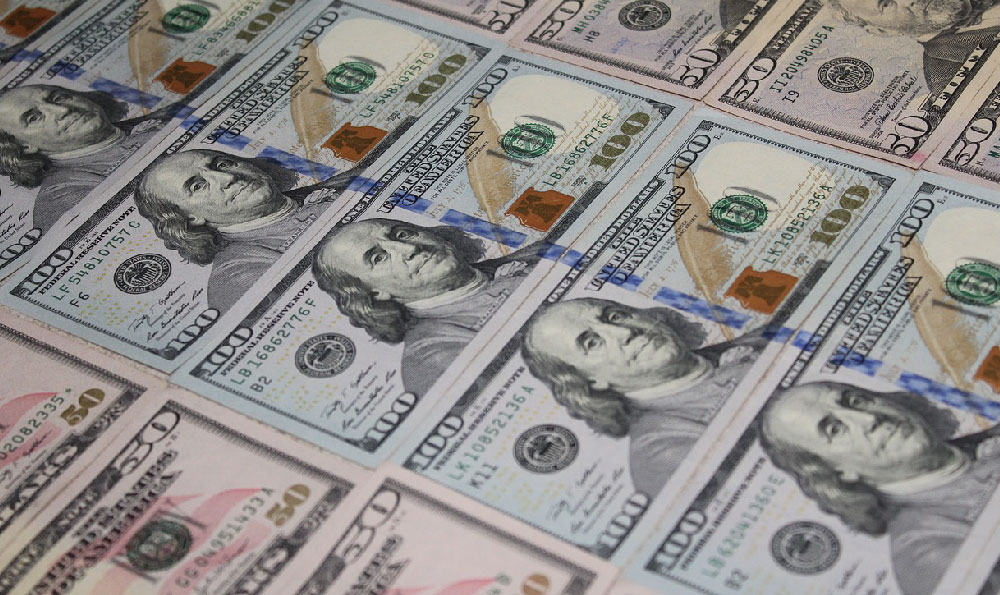
The question of whether barbers prosper and whether one can thrive cutting hair is a complex one, interwoven with factors ranging from economic conditions and geographical location to individual skill, business acumen, and adaptation to evolving trends. It's not a simple "yes" or "no" answer, but rather a nuanced exploration of the potential for financial success in the barbering profession.
Let's start with the fundamentals. Barbering, at its core, provides a necessary service. People will always need haircuts. This inherent demand creates a relatively stable base for the industry, providing a degree of resilience even during economic downturns. Unlike some luxury goods or services, haircuts are a recurring expense for most individuals, leading to repeat business and a predictable revenue stream.
However, the stability of demand doesn't automatically translate to prosperity. Several factors can significantly impact a barber's earning potential. One of the most important is location. A barber operating in a bustling urban center with a high concentration of potential clients will likely have a much higher earning potential than a barber in a sparsely populated rural area. Similarly, the socioeconomic demographics of a location play a crucial role. A barber shop located in an affluent neighborhood can often charge higher prices for their services, leading to increased revenue.

Beyond location, the barber's skill and reputation are paramount. In a service-based industry, word-of-mouth marketing and online reviews are incredibly powerful. A barber who consistently delivers high-quality haircuts, provides excellent customer service, and builds a strong rapport with their clientele will undoubtedly attract more customers and retain existing ones. This reputation often allows them to charge premium prices and build a loyal following, leading to increased earnings. Building this reputation requires ongoing professional development, staying abreast of the latest trends and techniques, and investing in high-quality tools and products.
The business model also significantly impacts a barber's prosperity. Some barbers choose to work as employees in established barbershops or salons, receiving a percentage of the revenue they generate. This provides stability and eliminates the administrative burden of running a business, but it also limits earning potential. Others opt to become independent contractors, renting a chair in a barbershop and keeping a larger share of their earnings. This offers greater autonomy and potentially higher income, but it also comes with the responsibility of managing their own schedule and expenses. Finally, some barbers choose to open their own barbershops, assuming the full responsibilities of business ownership. This offers the greatest potential for financial success, but it also requires significant capital investment, business acumen, and a willingness to take on considerable risk.
The rise of specialized barbering services has also changed the landscape. In recent years, there's been a growing demand for more than just basic haircuts. Men are increasingly seeking grooming services like beard trims, shaves, and specialized styling. Barbers who offer these services and market them effectively can significantly increase their income. Furthermore, the ability to cater to specific demographics, such as offering ethnic hair services or specializing in trendy styles, can create a niche market and attract a dedicated clientele.
Furthermore, the digital age has presented both challenges and opportunities for barbers. Online booking systems, social media marketing, and online review platforms have become essential tools for attracting and retaining customers. Barbers who embrace these technologies and use them effectively can gain a competitive edge. Conversely, those who fail to adapt to the digital landscape may find themselves struggling to compete.
To truly thrive, barbers must also possess strong business skills. Managing finances, marketing their services, and providing excellent customer service are all crucial for success. Understanding basic accounting principles, developing a marketing plan, and building strong relationships with clients are essential for building a sustainable and profitable business. This requires ongoing learning and a willingness to adapt to changing market conditions.
Moreover, successful barbers understand the importance of building a personal brand. This involves creating a unique identity that sets them apart from the competition. It could be through specializing in a particular style, offering exceptional customer service, or creating a unique barbershop atmosphere. Building a strong personal brand can attract loyal customers and create a competitive advantage.
Finally, a barber's prosperity is directly linked to their work ethic and dedication. Long hours, standing for extended periods, and dealing with demanding clients are all part of the job. Success requires a willingness to work hard, persevere through challenges, and consistently strive to improve.
In conclusion, while the profession of barbering offers a stable base of demand and the potential for building a loyal clientele, thriving in this industry requires more than just cutting hair. It demands a combination of technical skill, business acumen, adaptability, and a strong work ethic. Location, specialization, marketing prowess, and embracing technology all play critical roles in determining a barber's financial success. Ultimately, the question of whether barbers prosper depends on the individual barber's ability to navigate these complexities and build a sustainable and profitable business. It’s a meritocracy where hard work, skill, and smart decisions lead to tangible rewards.




